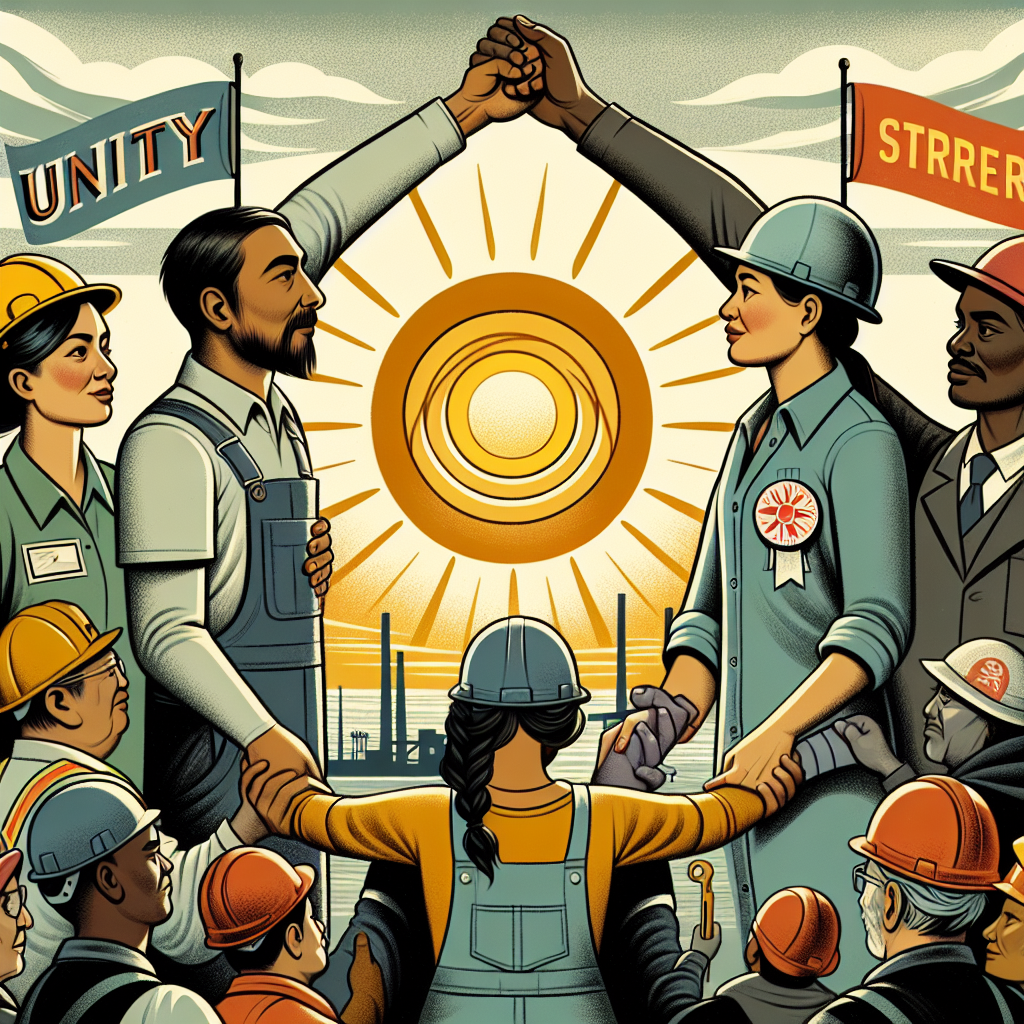UN Report Highlights Institutionalized Forced Labour in North Korea, Urges International Action
The report draws on 183 interviews conducted between 2015 and 2023 with victims and witnesses of forced labour who escaped the DPRK and now live abroad.

The UN Human Rights Office released a report today exposing the deeply institutionalized use of forced labour by the Democratic People's Republic of Korea (DPRK) against its citizens, raising grave human rights concerns.
The report draws on 183 interviews conducted between 2015 and 2023 with victims and witnesses of forced labour who escaped the DPRK and now live abroad.
“The testimonies in this report give a shocking and distressing insight into the suffering inflicted through forced labour upon people, both in its scale, and in the levels of violence and inhuman treatment,” said UN Human Rights Chief Volker Türk. “These people are forced to work in intolerable conditions – often in dangerous sectors with the absence of pay, free choice, ability to leave, protection, medical care, time off, food and shelter. They are placed under constant surveillance, regularly beaten, while women are exposed to continuing risks of sexual violence,” he added.
The report identifies six types of forced labour: labour in detention, compulsory state-assigned jobs, military conscription, revolutionary "Shock Brigades," work mobilizations, and work performed by citizens sent abroad to earn currency for the state.
The findings indicate that North Koreans are “controlled and exploited through an extensive and multi-layered system of forced labour” serving state interests rather than the people. The system acts to control, monitor, and indoctrinate the population, and forced labour in detention can reach levels characteristic of enslavement, a crime against humanity.
In North Korea, every citizen is assigned a workplace by the state after completing school or military service, which also dictates their residence. The absence of free choice, inability to form trade unions, threat of imprisonment for non-attendance, and non-payment of wages reveal an institutionalized forced labour system.
Military conscripts, required to serve for ten years or more, are often forced to work in agriculture or construction under hard and dangerous conditions. One former nurse reported that many soldiers suffered from tuberculosis due to malnourishment and exhaustion.
The report also describes "Shock Brigades," state-organized groups forced to carry out arduous labour in construction and agriculture, often with little or no remuneration. This mobilization disproportionately affects women, who are typically the main income earners for their families.
Additionally, selected North Koreans are sent overseas to work and earn foreign currency for the government, losing up to 90 percent of their wages, under constant surveillance, with no freedom of movement and extremely limited contact with their families.
The institutionalized labour system starts in school, with children forced to perform tasks like clearing riversides or planting trees. "From an early age, you have to make yourself available to serve,” said one witness.
The report calls on the North Korean government to abolish forced labour and end all forms of slavery. It urges the international community to investigate and prosecute those responsible for international crimes and calls on the UN Security Council to refer the situation to the International Criminal Court.
“Economic prosperity should serve people, not be the reason for their enslavement,” said High Commissioner Volker Türk. “Decent work, free choice, freedom from violence, and just and favourable conditions of work are all crucial components of the right to work. They must be respected and fulfilled, in all parts of society.”
- READ MORE ON:
- Korea
- human rights










